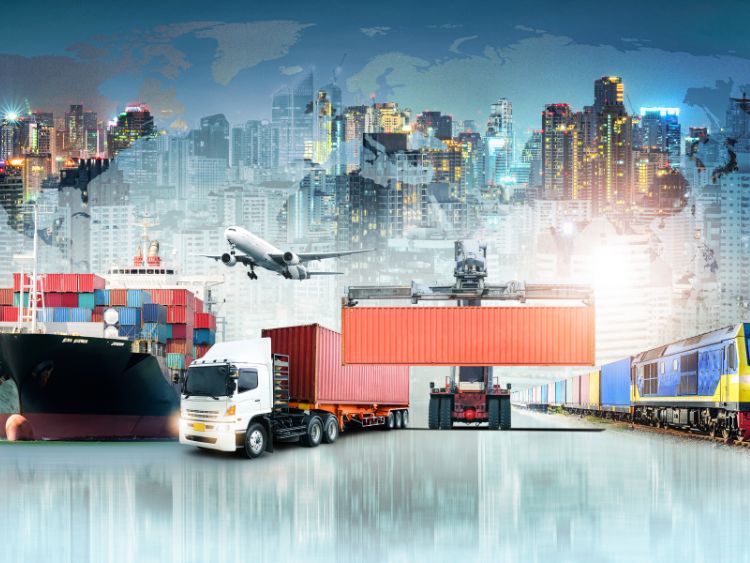Technology is profoundly reshaping the transportation and logistics industry, enhancing efficiency, reducing costs, and improving service delivery. Here we discuss the key technological innovations that are driving changes in this sector, including autonomous vehicles, drones, Internet of Things (IoT), artificial intelligence (AI), and blockchain technology.
Autonomous Vehicles
Autonomous vehicles (AVs), including self-driving trucks, are revolutionizing the transportation landscape. These vehicles can operate without human intervention, leveraging advanced sensors, machine learning algorithms, and massive data inputs to navigate safely. The adoption of autonomous trucks is poised to drastically reduce labor costs, minimize human error, and increase efficiency in the logistics chain. Companies like Tesla, Waymo, and Uber are at the forefront of developing autonomous driving technology, which promises to transform long-haul transportation by enhancing safety and reducing transit times.
Drone Technology
Drones are another groundbreaking technology impacting logistics, particularly in last-mile delivery services. Companies such as Amazon and UPS are experimenting with drone delivery systems that promise faster delivery times, lower costs, and access to remote areas where traditional delivery vehicles might struggle. Drones can bypass congested roads and difficult terrains to deliver goods directly to customers’ doorsteps, thereby enhancing customer satisfaction and optimizing delivery processes.
Internet of Things (IoT)
IoT technology integrates physical objects with sensors, software, and other technologies to connect and exchange data with other devices and systems over the internet. In transportation and logistics, IoT enables real-time tracking of vehicles and cargo, predictive maintenance of equipment, and enhanced fleet management. For instance, sensors can monitor vehicle health, optimize routes based on traffic data, and even track environmental conditions to ensure goods remain in optimal condition throughout transit. This connectivity not only increases operational transparency but also helps companies proactively respond to potential disruptions.
Artificial Intelligence and Machine Learning
AI and machine learning are transforming logistics operations through intelligent automation and predictive analytics. AI algorithms can predict demand trends, optimize delivery routes, and manage inventory more effectively. For example, machine learning models can analyze historical data to forecast seasonal demand, helping companies prepare inventory ahead of peak periods. Furthermore, AI-driven robotics are increasingly used in warehouses to automate picking, packing, and sorting processes, thereby reducing manual labor and enhancing accuracy.
Blockchain Technology
Blockchain offers a reliable way to record transactions securely and transparently. In logistics, blockchain can create a tamper-proof record of the entire supply chain, from manufacturing to delivery, enhancing traceability and accountability. This technology is particularly useful in combating counterfeit goods and ensuring compliance with regulatory standards. Additionally, blockchain can streamline operations by automating contract execution with smart contracts, reducing paperwork, and minimizing disputes.
Challenges and Future Directions
Despite these advancements, the integration of technology in transportation and logistics faces several challenges. Regulatory hurdles, cybersecurity concerns, and the need for significant capital investment are notable obstacles. Moreover, the human workforce needs to adapt to new technologies, requiring extensive training and adjustment.
Looking ahead, the convergence of these technologies will continue to drive innovation in the transportation and logistics industry. As 5G technology becomes more widespread, it will further enhance the capabilities of IoT and smart logistics solutions. Additionally, the push for sustainability is likely to spur innovations aimed at reducing the carbon footprint of transportation operations.
For more specialized services in smaller scale transportation needs, consider exploring options like kleintransporte. This service is ideal for individuals or businesses looking for efficient, localized delivery and transport solutions.
In conclusion, technology is not just an enabler but a powerful driver of transformation in the transportation and logistics industry. As companies continue to adopt and integrate these technologies, the future of logistics is set to be more efficient, transparent, and customer-focused. The ongoing evolution promises to not only streamline operations but also tackle some of the most pressing challenges facing the industry today.

